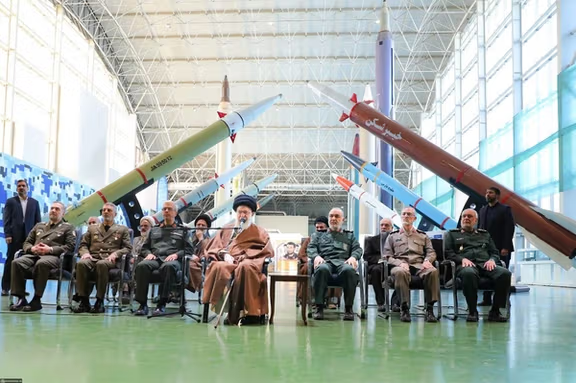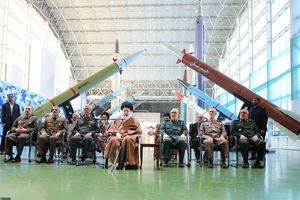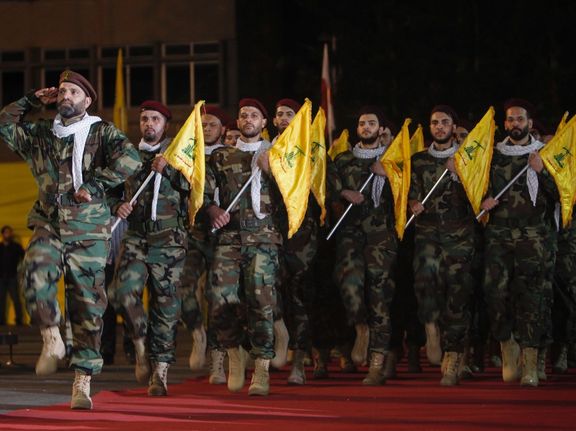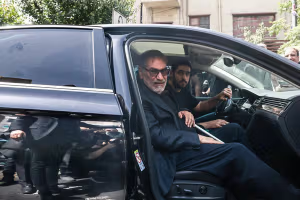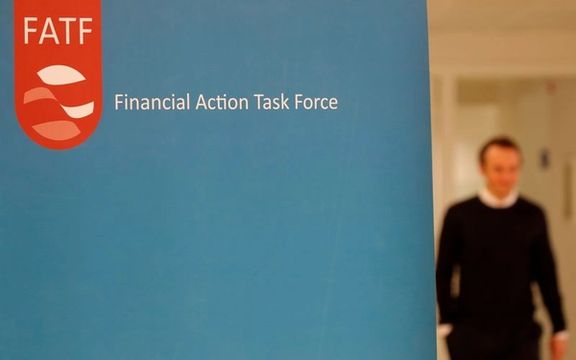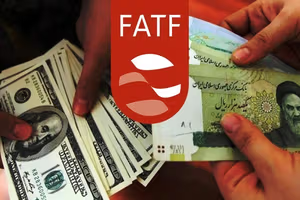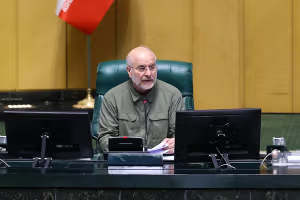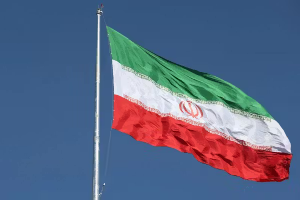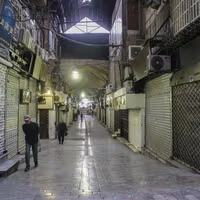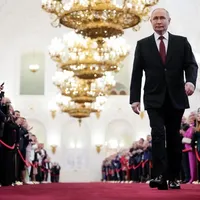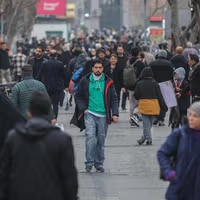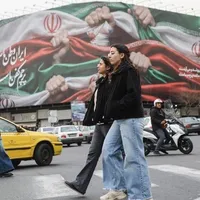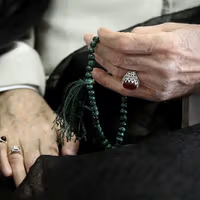Iran faces stark economic and geopolitical challenges as a lingering impasse over its nuclear program led to the resumption of European-triggered international sanctions last month.
Western countries have called for Tehran to engage in renewed diplomacy with Washington and restored access to international nuclear inspectors.
Speaking at a seminar on “resistance diplomacy” at Ferdowsi University in Mashhad, Esmail Baghaei said: “We must use all tools to protect the country’s rights -- whether through missiles or diplomacy and negotiation.”
“The concept of resistance has now evolved and taken the form of resilience,” he said, adding that that Iran’s approach combines self-reliance with international engagement.
His comments appeared to strike a relatively moderate tone, two days after Iran's ultimate decision-maker Supreme Leader Ali Khamenei appeared to reject a peace overture by President Trump and deployed sharp language at his nemesis.
The 86-year-old veteran ruler called Trump's repeated assertions that US attacks on June 22 had obliterated Iran's nuclear program "nonsense" and in a rare direct address to a US President told him to "keep dreaming."
Khamenei appeared to rule out renewed talks, calling reported US demands for curbs to Iranian missile ranges and Tehran's support for regional armed groups bullying and a
Baghaei said Iran faces powerful adversaries but remains capable of shaping developments within the international system.
“Our opponents invoke international law to justify their actions, so we must also rely on the same law to prove our rights,” he said. “Resistance diplomacy must be seen as an active instrument to secure national interests.”
He defended Tehran’s stance in the wake of the UN sanctions snapback mechanism, saying that Western powers had expected immediate compliance but were surprised by global resistance to reimposing restrictions.
Support for regional groups
Addressing Iran’s backing of allied groups in the region, Baghaei rejected the notion that Tehran created “proxy” groups.
“We did not create them,” he said. “The issues of Palestine and Lebanon did not begin in 1979 (when the Islamic Republic was established). These movements existed long before, and we have supported them based on our constitutional and strategic principles.”
Baghaei added that Iran’s support is “based on a defined framework” and that “to prevent harm, we must build allies within the international system.”
He said the resilience of such movements is enduring despite repeated attempts to weaken them.
“After two years, those who claimed resistance was finished end up sitting at the same table with them,” he said. “The foundations of resistance are deeply rooted and cannot be easily destroyed.”
On diplomacy and international law
Baghaei also defended Iran’s record on diplomacy, citing past cooperation with global institutions and negotiations with Washington.
He recalled that after the US withdrawal from the 2015 nuclear deal, Iran “remained committed for months” before gradually reducing compliance.
He also noted that indirect talks with the United States had taken place under both Trump and Biden but collapsed due to continued sanctions and regional tensions.
“When one side plans an attack and then invites you to a meeting, how can you attend such a session?” he said, referring to recent incidents.

